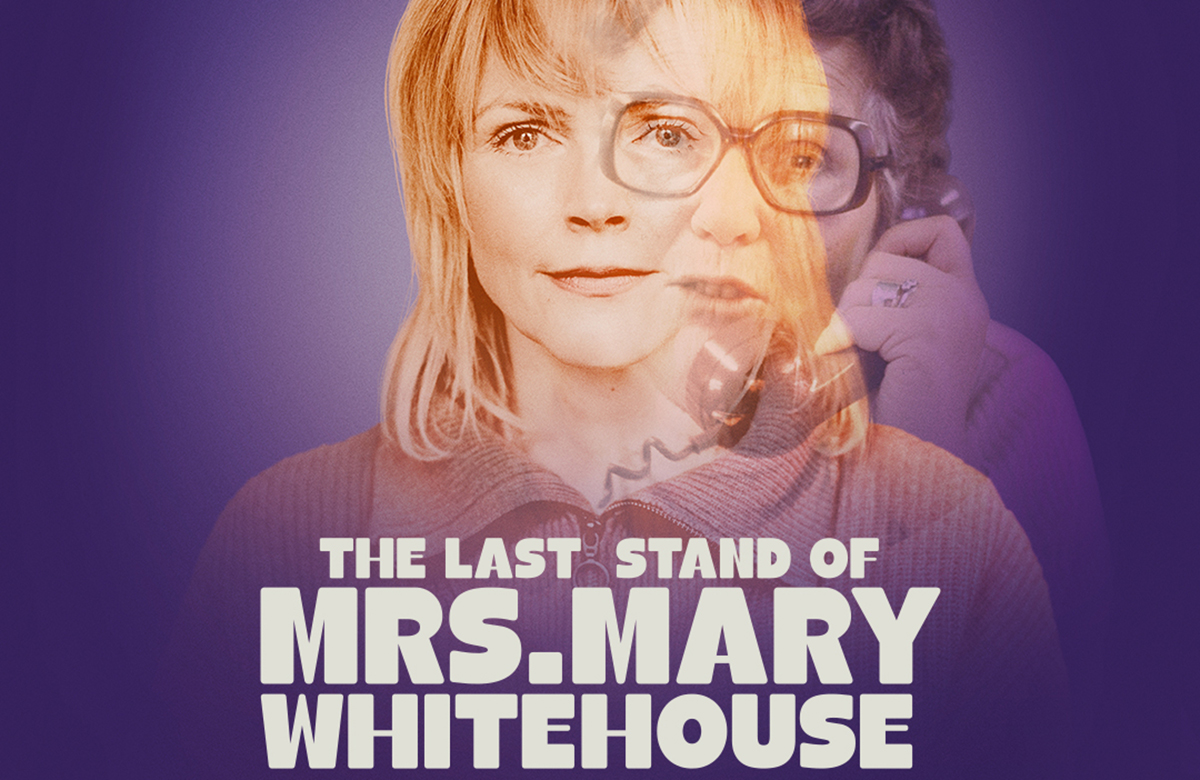Music, performing and visual arts lost 80,000 jobs in pandemic – new data
Music, performing and visual arts has been the creative sector hardest hit by the pandemic – losing 80,000 jobs and an estimated £4 billion in gross value added for the UK economy, according to new data.
Before the pandemic, music, performing and visual arts contributed £10.6 billion in GVA and employed 314,000 people.
However, new data from Oxford Economics, published in a report by the Creative UK Group, estimates that these sectors have lost 39% of GVA, equating to a loss of £4 billion to the UK economy.
According to the report, music, performing and visual arts have also lost 26% of jobs – 80,000 – due to the Covid-19 pandemic.
The creative industries as a whole – made up of nine sub-sectors also including film, tv, video, radio and photography; design; architecture; and museums, galleries and libraries – are estimated to have lost nearly £12 billion in GVA, with job losses expected to reach more than 110,000 by the end of the year.
A 20% increase in investment on 2019 levels in the creative industries from the government could generate more than 300,000 new jobs in the creative industries, which is enough to employ the working-age populations of Hartlepool and Middlesbrough twice over, according to the data.
The report argues that the sector has the potential to recover faster than the UK economy as a whole, growing by more than 26% by 2025 and contributing £132.1 billion to the economy in GVA – £28 billion more than in 2020 and more than the financial services, insurance and pension industries combined.
However, the research warns that the government must act immediately to support the creative industries to “avoid deep divisions, with key parts of the UK at risk of being left behind”.
Creative UK Group chief executive Caroline Norbury said: “The past decade has seen the creative industries achieve remarkable growth and success with the sector’s vast power to grow wealth and employment extending throughout local communities across the whole of the UK.
“With ambitious investment, the creative sector can rebuild faster than the UK economy and make a major contribution to the country’s post-pandemic recovery.
“We are money makers, job creators, innovators and problem solvers. We can reshape this country’s future for the better, but to realise our ambitions for tomorrow, we must invest in creativity today.”
Norbury added: “We are not asking for handouts. We are asking for meaningful, targeted investment in creative ideas, creative industries and creative skills, that can unlock the incredible potential of the creative sector to kick-start our country’s recovery, and that will be repaid many times over.
“It is critical that we seize this opportunity to unlock the UK’s incredible creative potential, and avoid leaving key parts of our sector – and our country – behind.”
Continues...
Other key findings from the report include:
- Oxford Economics estimates that before the pandemic the creative industries supported an additional 1.4 million jobs and £62.1 billion in GVA through its supply chains.
- The total economic footprint of the sector is found to have been £178 billion in GVA in 2019, with a total of 3.5 million jobs reliant on the creative industries, which equates to more than 1 in 10 UK jobs.
- Employment in the creative industries has fallen below two million for the first time since 2016.
- 112,700 roles are projected to be lost, including 94,800 freelance roles and 17,900 payroll contracts.
- The creative industries in Wales and the North East are estimated to have suffered the most significant impacts from Covid-19.
Within the report, the Creative UK Group has released nine policy recommendations for the government to support the sector.
These include more funding to develop innovation in the sector, as well as investment to support the role of the arts in the regeneration of places and ensuring that creative education and training is accessible to everyone.
The report has been welcomed by industry figures including National Theatre executive director and joint chief executive Lisa Burger and actor Lenny Henry.
Burger said: “It clearly demonstrates the strength of the creative sector and the huge economic and social benefits the arts bring to the nation in terms of community, creativity and contribution to the country’s economy.
“In addition to creating and safeguarding much-needed jobs, any investment protects the talent pipeline, ensuring emerging artists can flourish in our world-class creative sector.”
To accompany the report, the Creative UK Group has launched the #WeAreCreative campaign, which encourages creative people and businesses to showcase their work to MPs and government officials on social media.
The non-profit Creative UK Group is comprised of Creative Industries Federation and Creative England, which merged last year.
Production News
Recommended for you
Production News
Recommended for you
Most Read
Across The Stage this weekYour subscription helps ensure our journalism can continue
Invest in The Stage today with a subscription starting at just £7.99















